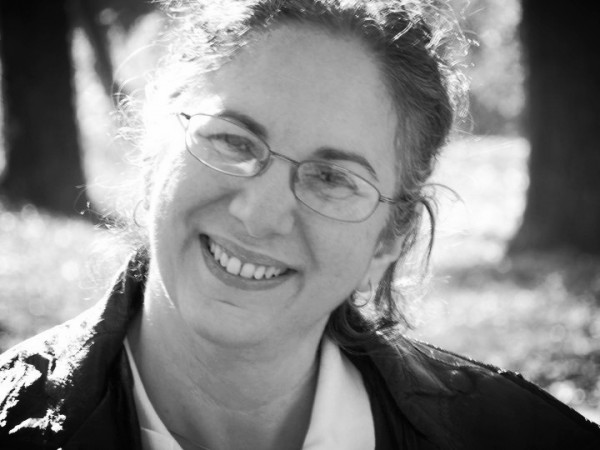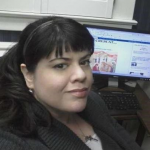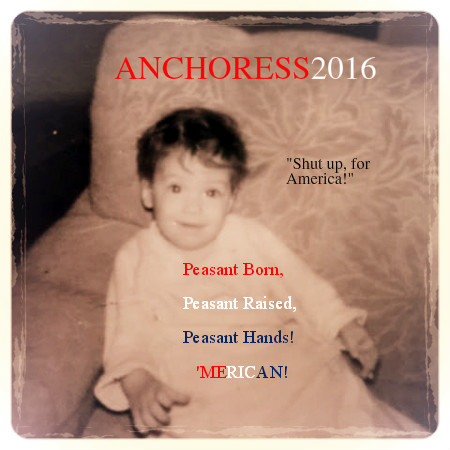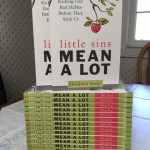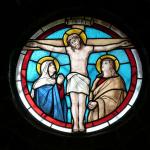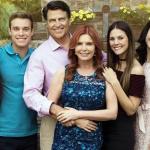(Many thanks to María Morera Johnson, who has responded to my request to share her thoughts on our re-established ties to Cuba, with this beautifully honest, and wrenching, guest-post.)
A Daughter of Cuba Experiences an Emotional Tug-of-War
By María Morera Johnson,
“Rejoice in hope, be patient in suffering, persevere in prayer.” [Rom. 12:12]
When the news that Pope Francis had a hand in talks between the U.S. and Cuba came to light, I received an emoji of “Dead Fidel” on my phone: a bearded, military-cap-wearing, cigar-smoking, cross-eyed caricature of an aging dictator.
I laughed when I got it. And yet, I didn’t forward it, as I once might have. I was conflicted.
Conflicted. That about sums up the surge of emotions this week’s opening of embassies, thus re-establishing diplomatic ties between the U.S. and Cuba.
I think it can be a good thing; I think little good can come of it.
Except, perhaps, the lifting of the embargo.
And I mistrust that, too.
See what I mean? I can’t commit to one view, because there’s more to this situation than an opportunity for trade and travel between the two countries. It’s not about vacationing on beautiful beaches. It’s not about a time capsule for car enthusiasts. It’s certainly not about Cuban cigars (and I know where I’d like to put a Cohiba the next time somebody asks me for one.)
Here’s the thing: that delicious lechón with black beans and rice that we enjoy at trendy Cuban restaurants is not available to Cubans, nor is the thumb-sized shot of café at the end of the meal, getting cold as we ponder investing in dilapidated properties positioned for construction booms, or buying the classic cars still running in this land that time forgot.
There are many sides to this story, and the sides have sides. Politicians. Investors. Journalists. Academics. Travel agents. Artists. They all have opinions, and they’re free to chatter. Unlike the people in Cuba.
You see, those people without a voice are really what this is about, and why I am so conflicted. I love them. Literally. I have family in Cuba, and that informs every opinion I have about the embargo.
And about embassies.
And about human rights.
For me, the U.S. re-establishing relations with Cuba is not an abstract discussion in a political science class. It is about whispered prayers and public demonstrations. It is about Masses said, and tears shed, and risks taken. It’s about a search for justice, without being certain of what that might look like.
Conflicted. I am a Catholic, and that means I cannot shout for human rights, for the human dignity of the millions of persons affected by an oppressive and cruel regime, and then, in the same breath, demand that a new and equal cruelty be inflected upon the oppressors, as a kind of revenge.
No matter how much my heart and mind might, regretfully want it, my spirit knows better.
I know this view flies against human nature; a desire for payback is instinctive in humans, but so many of us Cuban-Americans have harbored so great a desire for vengeance, and for so long, that an instinct for what comes next feels untrustworthy. The decades-long, creeping need for vengeance distorts our understanding of what justice should mean, but trust in authorities is also shaken.
I hate that I’ve been comfortable in my hate for 50 years.
Nine presidential administrations and 55 years of oppression by a communist regime have been played out like a chess game; two kings have been hiding behind their rooks, safely castled.
As usual, the pawns, the Cuban people, are expendable.
In the end, I suppose the embassy is a good idea. A first step. It is, at least, a non-violent move in a world where beheadings and bombings have replaced dialog.
Conflicted, you see? The only thing I’m sure about in all of this is how unsure I am. And that we need mercy. All of us. Especially those of us in most need of His mercy.
This is why the bitter sinner that I am could laugh at the “Dead Fidel” emoji, and why the convicted Christian couldn’t forward it; because there is deep meaning behind it all. My intellect tells me one thing, my heart another, my spirit, yet more.
Pope John Paul II’s visit to Cuba in 1998 sowed amazing seeds. Not seeds of discord, but seeds of faith — seeds of hope — seeds of charity as he spoke from the very diocese that houses a shrine for the patroness of Cuba, Our Lady of Charity.
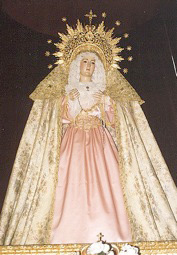
From this place I wish to send my greetings also to all of Cuba’s children who, in whatever part of the world, venerate Our Lady of Charity; together with all your brothers and sisters who live in this fair land, I place you under her maternal protection, asking her, loving Mother of all, to unite her children once more through reconciliation and brotherhood. (Homily in Santiago 24 Jan 1998)
On that same visit he urged, “May Cuba, with all its magnificent potential, open itself up to the world, and may the world open itself up to Cuba….”
Perhaps re-establishing diplomatic relations is the first step in re-establishing human relationships, and that would be a solid positive. It’s undeniable that reconciliation will be a big part of what is to follow, and we, all of us, Cuban-Americans and Cubans, have deep wounds – deeper than the waters that separate us. Families have been broken apart. Hostility exists for those who remained, and for those who left. Financial loss, cultural shifts, and spiritual paucity are real things. So is an omnipresent poverty, and a sense of hopelessness.
My prayer continues to be for a peaceful resolution — and for becalmed new beginning. There’s no question that the once officially atheist Cuba is a country in transition.
I look to Our Lady of Charity, La Virgen de la Caridad del Cobre, entrusted to Cuba. I have hope. I suppose. I do; of course I do. I must.
In the meanwhile, I’m going to watch and continue to pray, even as I admit that I distrust the motives of politicians on either side of the Florida Straits.
Instead, I put my trust in God’s plan, which is perfect, even as I remain imperfectly unsure, and so very conflicted.
Maria Morera Johnson (@bego) teaches at Georgia Piedmont Technical College. Her book, My Badass Book of Saints: Courageous Women Who Showed Me How to Live will be released in November. Find her blog here, and follow her on Facebook.

